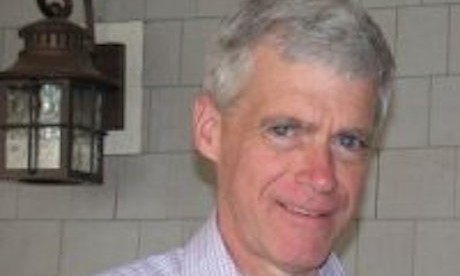The British press is a fathomless mine of lurid but thought-provoking, strange-but-true explorations of the dark side of the human condition.
Last week’s revelation was published in a magazine called The New Day — a passionate incestuous romance between a 51-year-old British woman and her 32-year-old American son.
Kim West was studying in California when she had a child out of wedlock. She gave him up for adoption and turned to England. Nearly 30 years later she learned that her son Ben Ford wanted to contact her.
When they met, they immediately felt an overwhelming sexual attraction. Ben ended up abandoning his wife and moving in with his mother. They live together and are considering having children.
Post-adoption romance is a poorly-understood but well-documented phenomenon. In 1980s an American adoption counsellor, Barbara Gonyo, coined the term “genetic sexual attraction” (GSA) for these passionate feelings. Two British psychologists interviewed several people in the grip of GSA who all described “a romantic ‘falling in love’, intense and explosive, sudden and almost irresistible”.
Since incest is not only taboo but illegal in most jurisdictions, people are reluctant to discuss it. However the psychologists estimated that such feeling are present about 50 percent of the time when siblings and parents are reunited. Their article was published 20 years ago in the British Journal of Medical Psychology (later renamed Psychology and Psychotherapy), so it is possible that the number of cases has increased.
In fact, as a sympathetic columnist for The (London) Telegraph pointed out, the use of anonymous sperm donation could cause a huge increase in the prevalence of GSA. Children can contact their biological parents as soon as they turn 18 in the UK, so numbers are bound to grow as “genetic orphans” seek out the parents they have never seen. She concluded that:
“Those who succumb to GSA are not sickos, or freaks, but victims who desperately need help and understanding. Their feelings are not controllable, but with scientific research and support, we can give them some degree in control over this devastating affliction.” Continue reading
- Michael Cook likes bad puns, bushwalking and black coffee. Currently he is the editor of BioEdge, a newsletter about bioethics, and MercatorNet.
